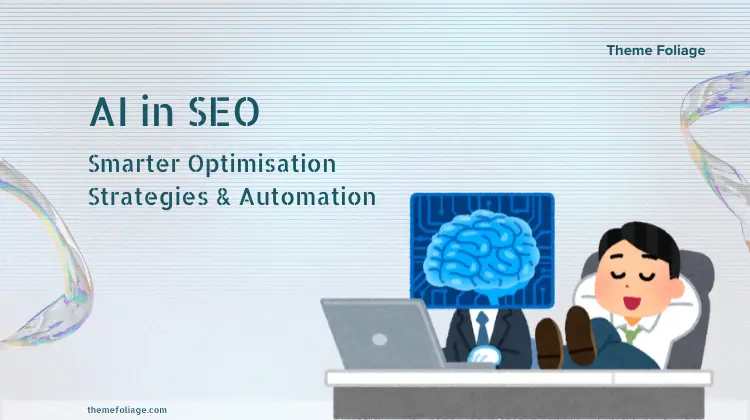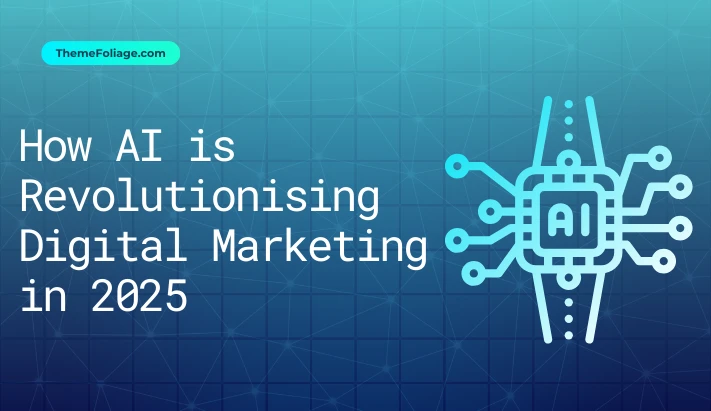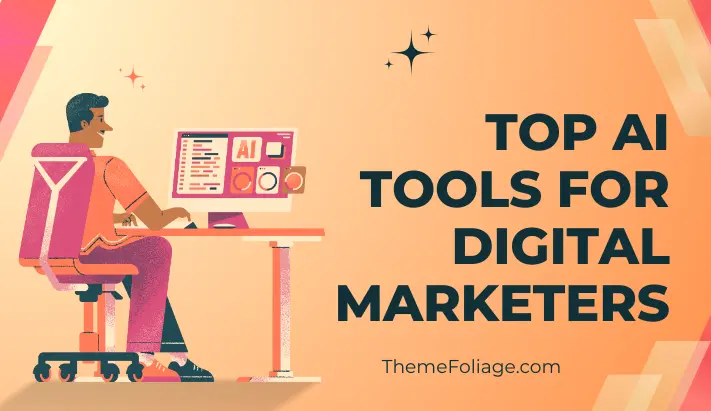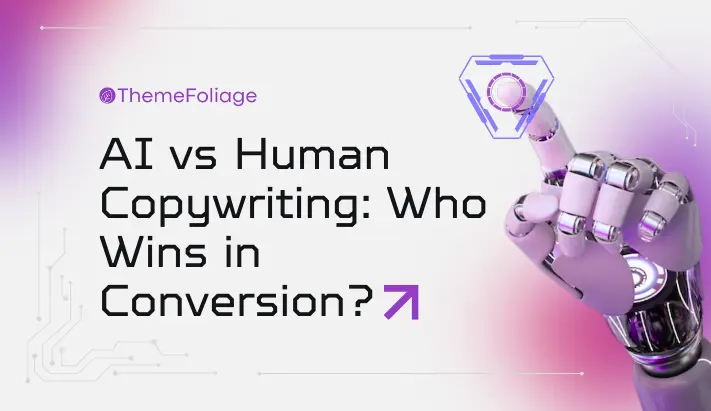Search engine optimisation (SEO) has always been a dynamic discipline, but in 2025, artificial intelligence is redefining how marketers approach it.
From keyword research and content scoring to technical audits and SERP analysis, AI in SEO optimisation is enabling smarter, faster and more scalable strategies.
This article explores how AI is transforming SEO, the tools leading the charge, and how you can implement AI-driven workflows to improve rankings and organic traffic.
Why AI Matters in SEO Today
Traditional SEO methods rely heavily on manual research, trial-and-error testing and static analysis. AI changes the game by:
- Analysing search intent in real time
- Predicting keyword trends before they peak
- Scoring content for relevance and readability
- Automating technical audits and backlink analysis
As Neil Patel noted, “AI is not just a tool—it’s the future of SEO. It helps marketers understand what users want and how to deliver it better than ever before.”
Core Applications of AI in SEO Optimisation
1. AI-Powered Keyword Research
Tools like Surfer SEO, SE Ranking and LowFruits use machine learning to identify long-tail keywords with low competition and high conversion potential.
These platforms analyse SERPs, user behaviour and content gaps to suggest keywords that align with both search intent and ranking opportunity.
For example, Surfer’s Keyword Research module can generate hundreds of keyword clusters based on a seed term, helping marketers target multiple variations in one campaign.
2. Content Scoring and SERP Analysis
AI tools evaluate your content against top-ranking pages to determine how well it matches user intent. Platforms like NeuronWriter and MarketMuse assign content scores based on keyword density, semantic relevance, structure and readability.
This allows marketers to optimise content before publishing, increasing the likelihood of ranking. NeuronWriter, for instance, provides a real-time score and suggests headings, questions and related terms to improve topical depth.
3. On-Page SEO Automation
AI can automate on-page optimisation tasks such as meta tag generation, internal linking and image alt text creation. Tools like Rank Math, Frase.io and Jasper.ai integrate with CMS platforms to streamline these processes.
Jasper’s SEO mode, when paired with Surfer, allows users to write blog posts that are automatically optimised for target keywords, headings and structure.
4. Technical SEO Audits
AI-powered crawlers like Screaming Frog SEO Spider and Sitebulb use machine learning to detect crawl errors, broken links, duplicate content and page speed issues. These tools prioritise fixes based on impact, helping marketers focus on what matters most.
Sitebulb’s audit engine, for example, uses AI to flag issues that are likely to affect rankings and provides actionable recommendations.
5. Backlink Analysis and Outreach
AI tools such as LinkHunter and BuzzStream analyse backlink profiles, identify link-building opportunities and automate outreach emails. They score potential links based on domain authority, relevance and engagement metrics.
This reduces the time spent on manual prospecting and improves the quality of inbound links.
Leading AI SEO Tools in 2025
These prices can be changed at anytime by the administrators of these tools. It’s wise to check the prices from their official website before making any decisions.
| Tool | Function | Pricing (USD) |
|---|---|---|
| Surfer SEO | Content scoring, keyword research | From $89/month |
| NeuronWriter | SERP analysis, content optimisation | From $19/month |
| Jasper.ai | AI writing with SEO integration | From $49/month |
| Frase.io | Content briefs, on-page SEO | From $14.99/month |
| Sitebulb | Technical SEO audits | From $13.50/month |
| MarketMuse | Content planning and scoring | From $149/month |
| Rank Math | On-page SEO | Freemium (from $6.99) |
Real-World Example
A SaaS company used Surfer SEO and Jasper.ai to optimise its blog content. By targeting long-tail keywords and improving content scores before publishing, the company saw a 65% increase in organic traffic and ranked on page one for 12 new keywords within six weeks.
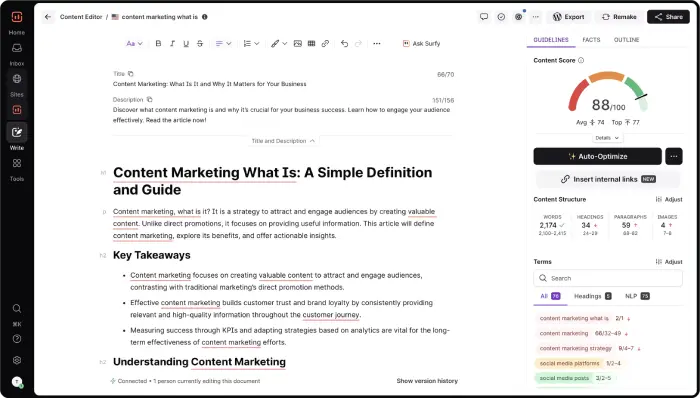
How to Implement AI in Your SEO Workflow
- Start with Keyword Clustering: Use AI tools to group related keywords and build topic clusters. This improves internal linking and topical authority.
- Optimise Content Before Publishing: Score your content using AI platforms and adjust headings, keyword usage and structure accordingly.
- Automate Meta Tags and Alt Text: Use AI to generate SEO-friendly meta descriptions and image alt tags that improve accessibility and rankings.
- Run Regular Technical Audits: Schedule monthly crawls using AI-powered audit tools to detect and fix issues proactively.
- Track Performance and Iterate: Use AI analytics to monitor keyword rankings, CTR and bounce rates. Refine content based on performance data.
Challenges and Considerations
While AI in SEO optimisation offers significant advantages, it’s not without challenges:
- Over-Optimisation: Relying too heavily on AI can lead to keyword stuffing or unnatural phrasing.
- Data Privacy: Ensure compliance with GDPR and other regulations when using AI tools that collect user data.
- Human Oversight: AI suggestions should be reviewed and refined by SEO professionals to maintain brand voice and accuracy.
Final Thoughts
AI in SEO optimisation is no longer a luxury, it’s a necessity. By automating research, scoring content and streamlining audits, AI empowers marketers to work smarter and rank faster.
In 2025, the most successful SEO strategies will be those that combine human creativity with machine intelligence. Start small, test rigorously, and scale your AI toolkit as you grow.
